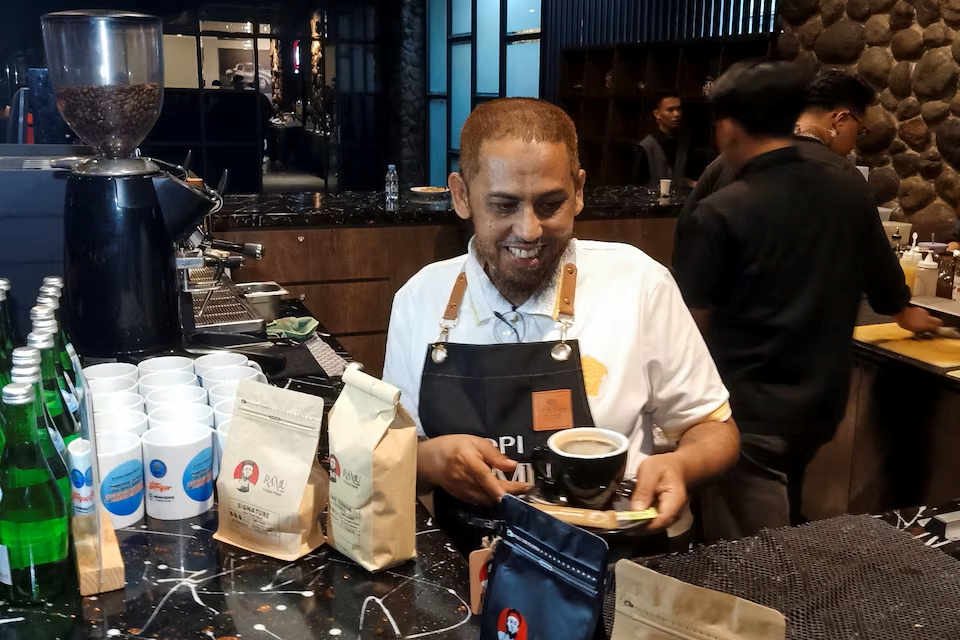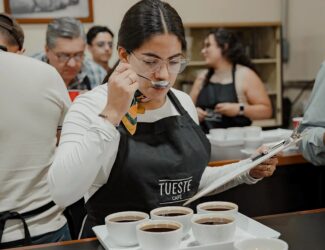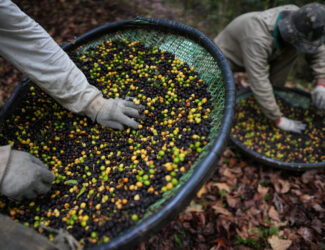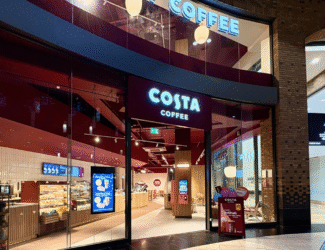
From Bombs to Beans: Bali Bomber Umar Patek Launches Coffee Brand and Vows Support for Victims
Umar Patek, the convicted bomb maker behind the 2002 Bali nightclub attacks that killed 202 people, has launched a coffee brand in a highly public attempt to rebuild his life and contribute to deradicalisation efforts in Indonesia.
Now 58 years old, Patek was a key figure in the al-Qaida-linked Jemaah Islamiyah network. He helped assemble a one-tonne bomb that devastated two Bali nightclubs, killing 88 Australians, 38 Indonesians, and victims from 20 other nationalities. He was sentenced to 20 years in 2012 and released on parole in 2022, a decision that drew criticism from survivors and political leaders, especially in Australia.
This week in Surabaya, on Indonesia’s Java island, Patek unveiled his coffee business—Ramu—in collaboration with local dentist and entrepreneur David Andreasmita. The launch event was held at the Hedon Estate café, which displayed banners featuring Patek’s image and showcased his signature spiced coffee blend based on his mother’s recipe.
“I’ve changed now,” Patek told the crowd. “I’m not making bombs anymore – I’m making coffee.”
He acknowledged his struggles with reintegration and employment post-release. “The stigma of being a former terrorism convict made it hard for me to find work,” he said. “I was still shell-shocked by the outside world.”
Patek said he now wants to “brew peace” and help counter violent extremism. He also pledged that a portion of his coffee business profits would go to Bali bombing survivors. “I understand that many people are still angry. But don’t let that doubt stick. Let me prove that I’ve changed.”
Survivors Speak Out
The launch event was emotional, as Chusnul Khotimah, an Indonesian survivor covered in burn scars, confronted Patek in person—just as she did during his sentencing in 2012.
“Do you remember me?” she asked, showing the scars on her arms and hands—reminders of the 70% burns that still cover her body. Patek nodded and repeated his apology.
“I forgive you for what you did,” Chusnul said. “I know you’ve changed for the better. But don’t just say sorry. Help us—truly help the victims.”
Another survivor, Tumini, speaking from Denpasar in Bali, expressed frustration about ongoing medical expenses and urged the government to prioritize long-term aid for victims. “We are still struggling,” she said. “What about our lives?”
A Controversial Transformation
Patek’s journey has become a case study in Indonesia’s deradicalisation programs, which blend counseling, religious re-education, and economic reintegration. Authorities have held him up as an example of successful rehabilitation.
David Andreasmita, the café owner who took a chance on Patek, said, “Many people thought I was crazy to work with a former terrorist. But I believe in second chances.”
Security analyst Noor Huda Ismail, who has worked with Patek post-release, stated, “What matters most is the support ecosystem around him. Rehabilitation isn’t about forgetting the past—it’s about preventing future violence.”
Also attending the event was Marthinus Hukom, former head of Indonesia’s counter-terrorism agency, who had arrested Patek years ago. His presence underscored the official support for Patek’s reintegration.
But for many, including Australian officials, forgiveness is not so easily given. Prime Minister Anthony Albanese had previously condemned Patek’s early release, calling it a cause of renewed trauma for victims’ families.
Still, Patek remains determined: “Everyone is watching me now. Let my actions speak.”






